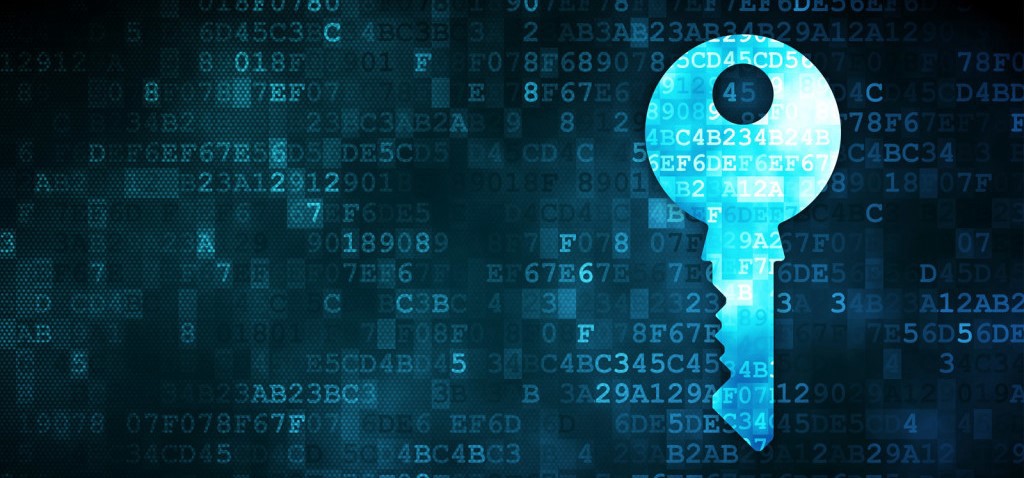Encryption isn’t just for tech geeks or paranoid conspiracy theorists. It’s something every computer user can benefit from. This is because encryption protects you from a variety of threats. In this article, we’ll break down what these threats are so you can understand the importance of encrypting your files.
What Does It Mean to Encrypt Your Files
Encryption is a procedure that locks your files and information away using a secret code. It’s kind of like when spies talk in code. It makes sense to the people who know the code but to everyone else is gibberish. This is the same thing with encrypted files. Anyone who tries to read an encrypted file without the key will get nonsensical information. Only when the proper key is applied will the data be readable. For example, the PIN number on your phone is your encryption key. Without it, your files are gibberish.
Fortunately, you don’t have to do the encryption yourself. There are plenty of programs that will do the work for you. If you’re looking for programs that can do this job, check out this file encryption software top list.
Reasons to Encrypt Your Files
- Protecting your Data from Thieves
When you encrypt your storage, you’re protecting your data from thieves. This means that if someone were to steal your smartphone, laptop, or tablet, the encryption you set up would prevent them from being able to access the data on your hard drive. This is especially important if you work with sensitive data like credit card numbers or health care information. However, it’s equally as important to encrypt your personal data. For instance, you wouldn’t want a thief to get a hold of your tax returns. Therefore, you’ll want to ensure that your computer’s hard drive, or at the very least, the sensitive files, are stored in an encrypted form.
- Preventing People from Viewing Your Private Conversations and Browsing
Bank and eCommerce websites like Amazon use encrypted connections. This ensures that your browsing is secure. Encrypted websites will have a domain address that begins with HTTPS. Domain addresses that begin with HTTP are not secure, and this means your browsing activity is viewable in plaintext form. However, if you use public Wi-Fi in a café and you’re performing searches, anyone on the Wi-Fi network can monitor your searches and any other website activity you do over HTTP. Even if you only accessed HTTPS sites, people on the network would still be able to see the HTTPS sites you accessed. To make sure your browsing activity isn’t trackable on public Wi-Fi, you can use a VPN or Tor to funnel your browsing activity through an encrypted connection.
Additionally, you can use encryption to protect emails and instant messages from prying eyes. Email is sent over the internet using plain text form. Therefore, particularly sensitive information should be sent as an encrypted email.
- Keep The Government Out of Your Business
It may seem paranoid, but the truth is the government is watching you. It’s just a fact of the reality we live in. For instance, in the U.S., your emails are considered “abandoned” once they’ve been opened or if they haven’t been opened after 180 days. This means that the U.S. government can look at your personal emails without a warrant. However, if you encrypt your emails, the government would need a warrant to compel you to disclose the encryption key.
Additionally, California’s Supreme Court ruled that police can look through your smartphone without a warrant if you’re arrested. However, if your smartphone is encrypted, the police will need a warrant to compel you to reveal the encryption key. These are just a few examples of how the U.S. government can access your data if you don’t encrypt it.
Summary
Encrypting your files means that you prevent anyone without a specific key from being able to read your data. This is important for several reasons.
One, to keep thieves from getting their hands on sensitive information like your credit card number or social security number. This is particularly important if you work with people’s personal data. If you don’t encrypt this information, you’re putting these people at risk.
Two, you should use encryption to keep your private conversations and your browsing activity confidential. To ensure that your emails, instant messaging, and browsing history isn’t revealed to people with malicious intent, you need to encrypt your Wi-Fi connection. Furthermore, if you’re giving out your personal data on a site, you want to make sure it’s HTTPS encrypted. This will keep your data from being accessed.
Three, the government has an interest in your information. They have the legal right to your email and smartphone data under certain circumstances. However, if your devices and email are encrypted, they will need a warrant.
